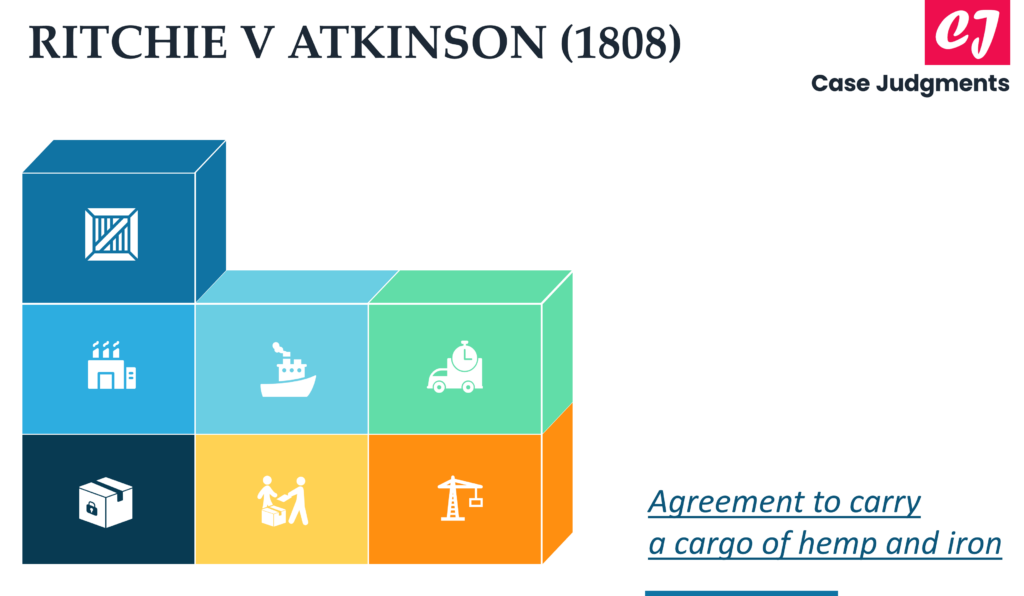
Hoenig v Isaacs [1952]: A Case Summary
Hoenig v Isaacs [1952] is a contract law case that covers the concept of substantial performance. On completion of some decoration work at a flat, the owner refuses to pay the outstanding balance to the contractor because he is unsatisfied with some furnishings. Can he deny payment or not?
Given below are the case facts and decision:
| Case name & citation: | Hoenig v Isaacs [1952] EWCA Civ 6; [1952] 2 All ER 176 |
| Jurisdiction: | England and Wales |
| Decided on: | 13 February 1952 |
| The bench of judges: | Somervell, Denning, Romer LJJ |
| Area of law: | Substantial performance; breach of contract |
Facts of the case (Hoenig v Isaacs)
In the given case, the defendant hired the plaintiff to redecorate and furnish a flat. The total contract price was fixed at £750 and payment was to be made in installments and balance on final completion. On completion, the defendant was not satisfied with some of the furnishings, especially with the bookcase and wardrobe. There were defects in the work done to redecorate the flat and the cost of correcting these defects was estimated to be £55.
Therefore, the defendant refused to make payment for the outstanding balance (which was £350 at the time of completion).
The key issue here
The legal issue, in this case, was whether the plaintiff was entitled to payment despite there being defects in performance.
Further, was the performance of the entire contract a condition precedent to payment?
Judgment of the Court in Hoenig v Isaacs
The Court determined that there was substantial performance of the contract, i.e., while there were some defects, it did not fundamentally breach the contract. Hence, the plaintiff was entitled to recover the contract price less the cost of repairs needed to rectify the defects. The reduction was for £55.
In view of the instant case of a contract for work and labour, the Court found that the entire performance of the work under the contract was not a condition precedent to payment. Instead, it was viewed as an innominate term. This means that minor flaws or deviations from the contract’s specifications would not automatically entitle the employer to withhold payment. Only breaches that were deemed to “go to the root of the contract” would entitle the employer to repudiate the contract and withhold payment.
Thus, the defendant was obligated to pay the contract price, after making deductions for defects in the completed work.
Substantial performance under contract law
Substantial performance is a legal principle in contract law that permits a party to recover the contract price even if there are small flaws or departures from the original terms, as long as the contract’s principal objective has been met. However, the injured party may still seek compensation for the cost of correcting any faults or issues that arise as a result of the inadequate or incorrect performance.
Sometimes the practicality of situations has to be taken into account where it might be unfeasible to demand a strict and absolute completion. A minor compromise is accepted in order to see a contract fulfilled. Thus, the principle of substantial performance is based on the idea that when there are minor deviations from the terms of a contract, the aggrieved party cannot claim to be discharged or walk away from their own obligations, but instead must rely on an action for damages for breach (which is usually the cost of repairs).
The origin of this concept can be traced back to the case of Boone v Eyre (1777), which involved the sale of a plantation along with a group of slaves. Lord Mansfield CJ indicated that the seller’s inability to prove ownership of every single slave specified in the contract would not preclude him from recovering payment from the buyer under the terms of the agreement.
Applying this principle to Hoenig v Isaacs [1952], it can be seen that despite the defects in the work, the Court found that the plaintiff was entitled to recover the contract price minus the cost of repairs. It was recognized that the defects were not substantial enough to invalidate the entire contract.
Note:
This case can be distinguished from Bolton v Mahadeva [1972], where the principle of substantial performance could not be applied. You may read the case at this link.
List of references:
- https://www.hzu.edu.in/uploads/2020/10/97-contract-law-willan-publishing-2007.pdf
- https://nashashibilaw.weebly.com/uploads/2/0/5/9/20597118/the_modern_law_of_contract.pdf
- https://www.lawteacher.net/cases/hoenig-v-isaacs.php
You might also like:
More from contract law:

